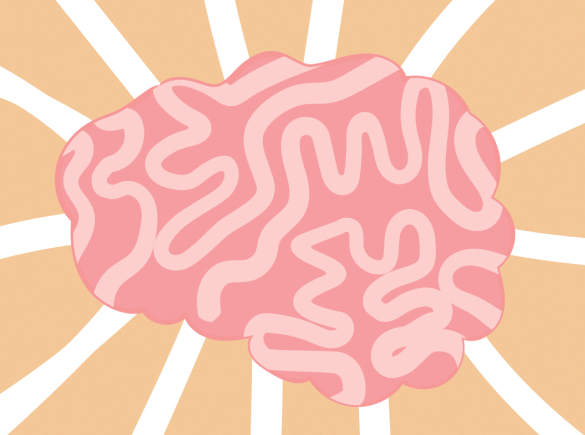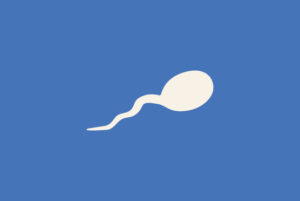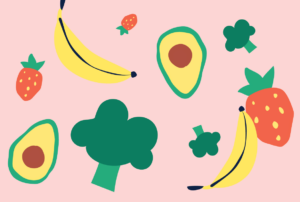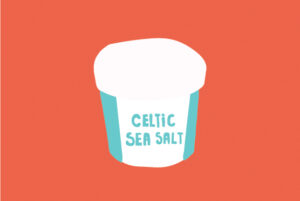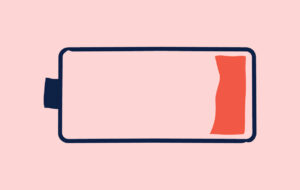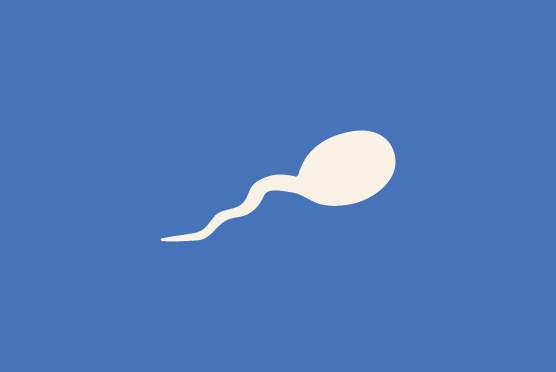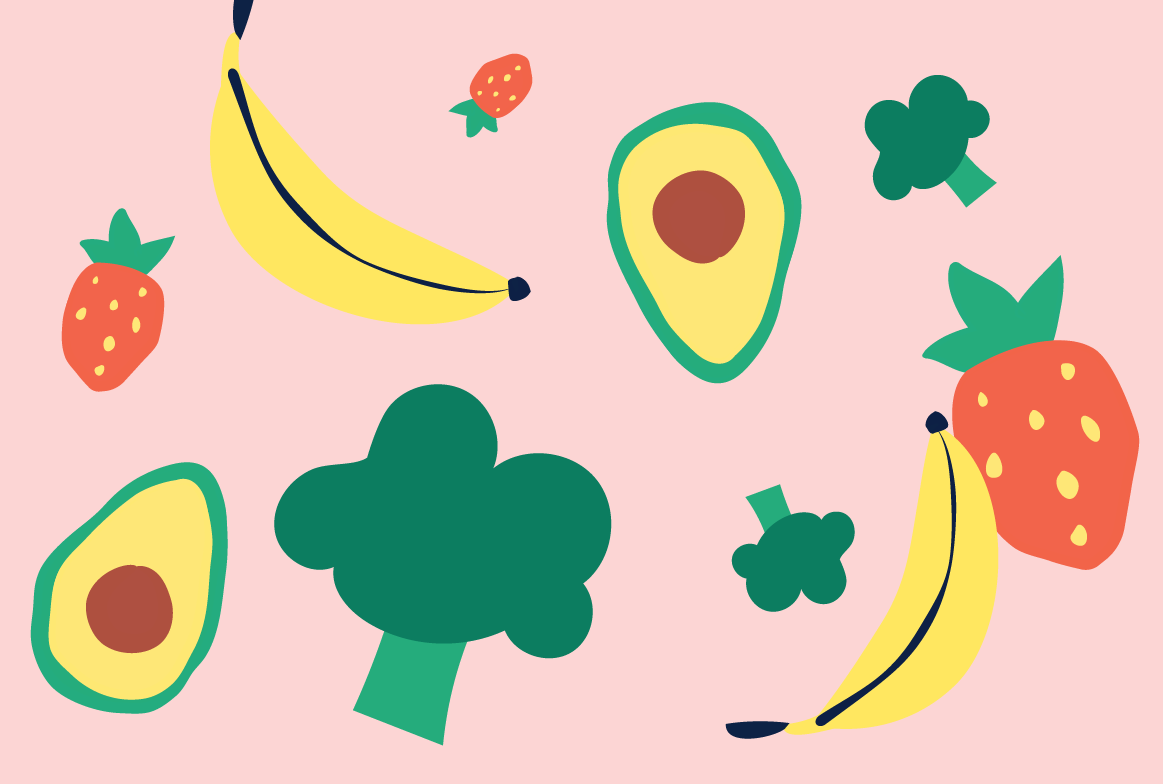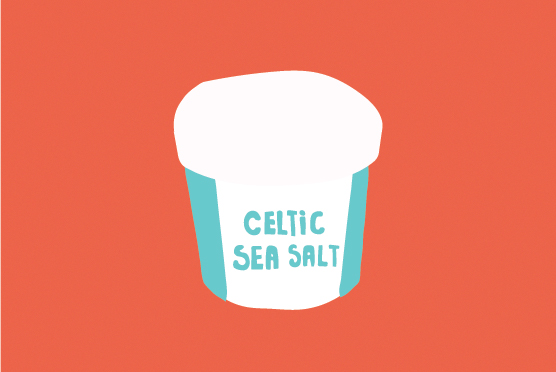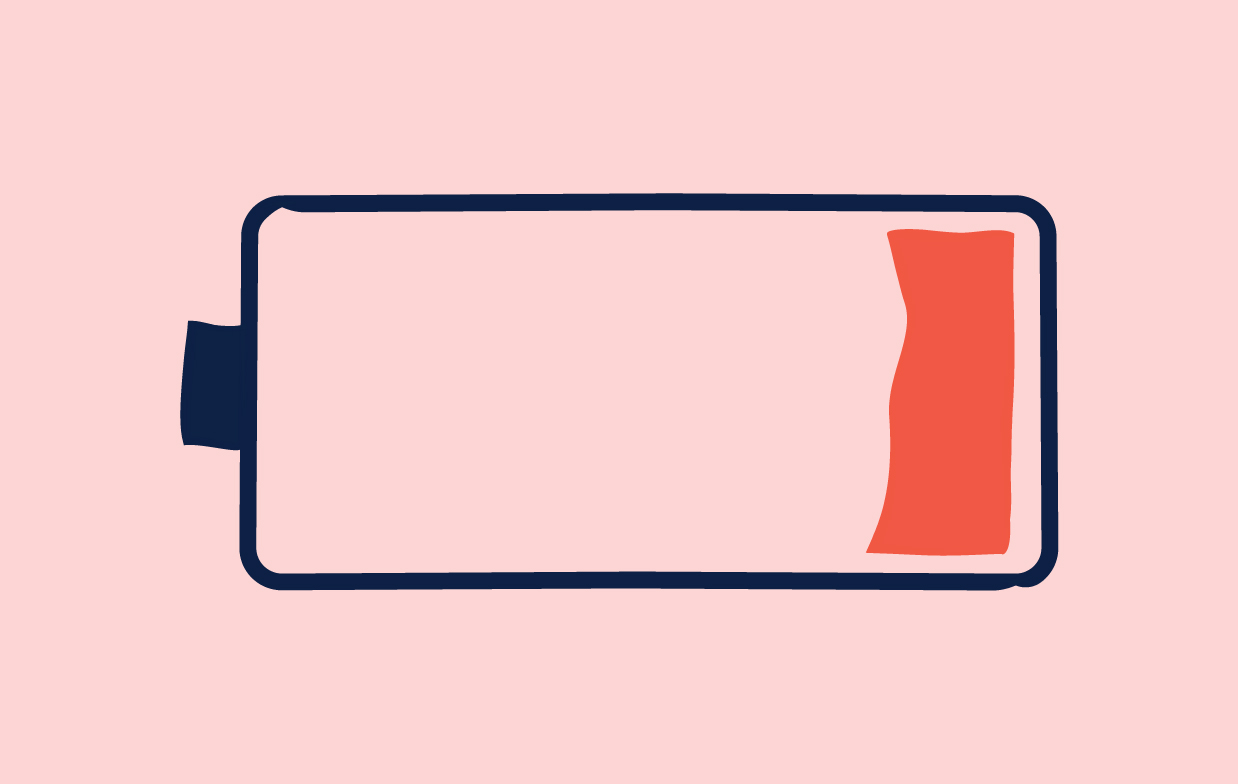Inside this article
Parenting in the modern world can often feel like an overwhelming juggling act. Between work, family responsibilities, and trying to maintain some semblance of a social life, the mental load can be intense. In this context, the idea of nootropics, which are substances that promise to enhance cognitive function, reduce stress, and improve focus, might seem like an attractive solution. But can these so-called “smart drugs” really support parents who are dealing with burnout or mental fatigue? Let’s explore this in detail.
What are nootropics?
Nootropics, often referred to as “smart drugs” or cognitive enhancers, are substances designed to improve brain function. The term itself was coined in 1972 by Romanian psychologist and chemist Dr Corneliu E. Giurgea, who combined the Greek words “noos” (mind) and “tropein” (to bend or turn) to describe these mind-bending substances. In essence, nootropics are believed to act upon the mind to improve cognitive abilities such as memory, focus, creativity, and motivation.
Nootropics can be classified into several categories:
- Natural Nootropics: These include herbs and other natural compounds like Ginkgo biloba, Panax ginseng, and Bacopa monnieri. Often used in traditional medicine, these substances are thought to offer various cognitive benefits.
- Synthetic Nootropics: These are man-made compounds designed specifically to enhance cognitive function. Examples include prescription medications like modafinil, used for treating narcolepsy but may also be used ‘off-label’ for boosting mental performance, and racetams like piracetam.
- Nutraceuticals: This category includes supplements like omega-3 fatty acids, known for supporting brain health, or caffeine, which can enhance alertness and concentration.
Some nootropics have been used for centuries in traditional medicine, while others are newly developed substances backed by modern research.
Can nootropics help with mental load and burnout?
For parents, the mental load can be immense. Balancing work, childcare, household duties, and personal time can lead to significant stress and burnout. Nootropics might seem like a tempting shortcut to alleviate these pressures, but it’s essential to understand their potential benefits and limitations.
Improved focus and attention
One of the most appealing aspects of nootropics for parents is their potential to enhance focus and attention. For example:
- Caffeine: A low to moderate intake (40–300 mg) of caffeine has been shown to increase alertness and attention, decrease reaction time, and improve overall cognitive performance. It’s one of the most well-researched and widely used nootropics.
- L-Theanine (found in green tea): Often paired with caffeine, evidence shows that L-theanine can promote a state of relaxed alertness, improving memory and concentration without the jittery effects of caffeine alone.
- Bacopa Monnieri: This herb has been used in traditional medicine for its cognitive-enhancing properties, particularly in improving memory and reducing anxiety. Some evidence suggests it could be useful for supporting cognitive function in children, adolescents, and the elderly.
Enhanced Cognitive Function
Nootropics can also support broader cognitive functions, which can be particularly beneficial for parents juggling multiple tasks:
- Creatine: Known primarily as a supplement for athletes, creatine has also been found to improve short-term memory and intelligence, making it easier to manage the daily mental demands of parenting.
- Ginkgo Biloba: Often used to enhance memory and concentration, Ginkgo biloba is another natural nootropic that could support cognitive function in busy parents.
- Green Tea (L-Theanine): As mentioned earlier, L-theanine combined with caffeine can enhance both memory and concentration, which has the potential to help parents stay sharp and focused.
Stress Reduction
Chronic stress is a significant contributor to burnout, and some nootropics are known for their stress or fatigue-reducing properties:
- Ashwagandha: This adaptogenic herb is renowned for its ability to reduce stress and anxiety, and it may also promote better sleep—an essential factor in mental health and overall well-being.
- Rhodiola Rosea: Another adaptogen, Rhodiola Rosea, has been shown to improve emotional stress and reduce fatigue, helping parents manage their daily stressors more effectively.
- Panax Ginseng: Often used to counteract fatigue, which may help to eliminate feelings of burnout.
The importance of evidence-based use
While some nootropics have well-documented effects and are relatively safe when used properly, others have limited research backing their claims. For example, while Maca is often touted for its energy-boosting properties, there isn’t enough scientific evidence to conclusively support its use. Similarly, Lion’s Mane mushroom has been discussed for its cognitive benefits, but most studies have been conducted on animals or small human groups, indicating that more research is needed to understand its efficacy and safety.
Addressing the root causes of burnout
While nootropics might offer some benefits, it’s crucial to remember that they are not a cure-all. Addressing mental load and burnout often requires a holistic approach that includes lifestyle changes, stress management techniques, and possibly professional support. Here are some strategies that can complement the use of nootropics:
- Stress management: Incorporating mindfulness, meditation, and regular exercise into your routine can significantly reduce stress levels.
- Work-life balance: Setting boundaries, delegating tasks, and ensuring you make time for relaxation and hobbies are key to maintaining balance.
- Sleep: Prioritising good sleep hygiene is critical for mental and physical health. No nootropic can replace the restorative power of a good night’s sleep.
- Professional support: Consulting with a mental health professional can provide guidance and strategies tailored to your specific needs.
- Self-care: Finding time for yourself, even if it’s just a few minutes a day, can make a huge difference in your overall well-being.
Conclusion
Nootropics can be a valuable tool for parents looking to manage the mental load and prevent burnout. However, you should check any product you take for safety and effectiveness before adding it to your routine. Checking with a healthcare professional, dietitian, or nutritionist can be useful. They should also be used as part of a broader strategy that includes healthy lifestyle choices and stress management techniques. By combining the cognitive support of nootropics with evidence-based approaches to stress reduction and self-care, parents can create a sustainable path to mental and emotional well-being.

